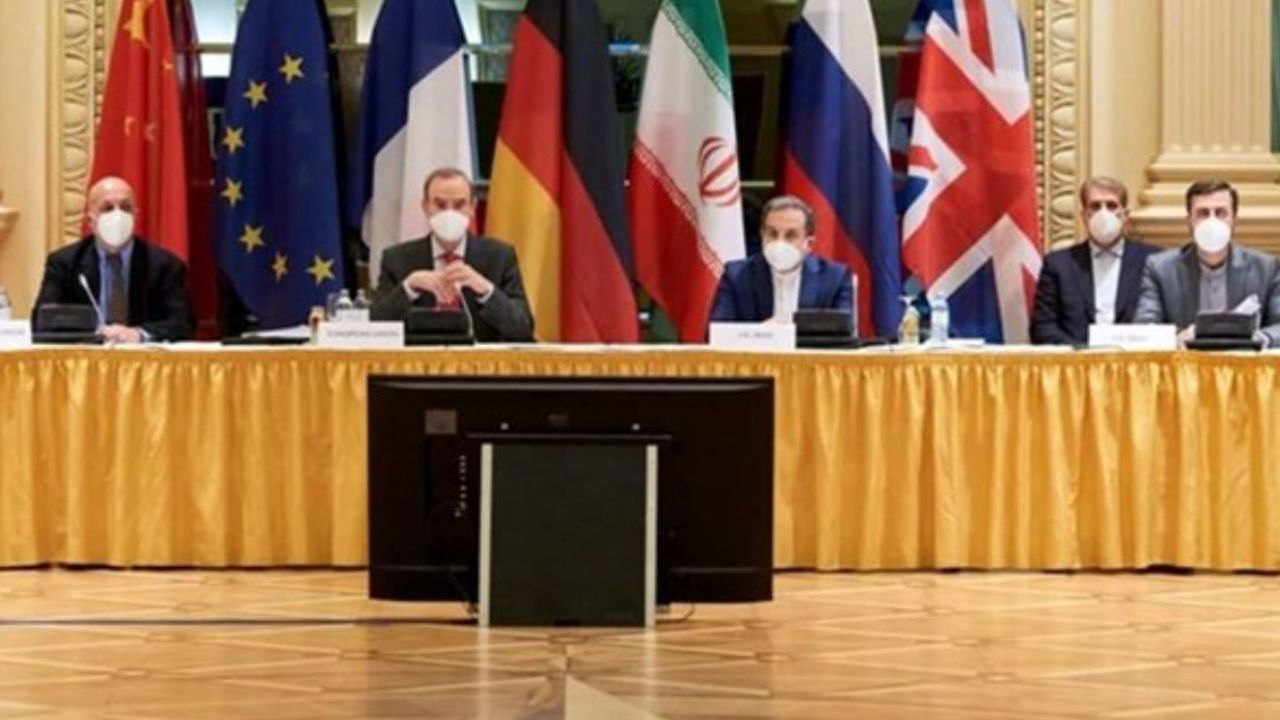Speaking in an interview with the website of the Strategic Council on Foreign Relations, Morteza Makki emphasized: The set of information and position taking that have been published regarding the two meetings of the Joint Commission Plan of Action in Vienna show a few points; first, the main parties, Iran and the United States, have come out of some form of disagreement over how to revive the JCPOA, which has been a big step in reviving the Iran Nuclear Agreement.
He continued: Another point is that now the talks are technical and it is no longer a question of which side should take the first step. In fact, the main issue today is what steps should be taken by each side.
Makki added that the emphasis on the continuation of negotiations by all relevant parties indicates that from the point of view of those countries, the revival of the JCPOA is a necessity and is no longer a choice. According to them, if this opportunity is lost, the region could see unpredictable consequences. This stance is more visible among the Americans; in other words, it seems that the will of the US to revive the JCPOA is greater than ever.
Noting that those developments are also positive signs for Iran to be able to meet its demands for the neutralization of sanctions, the expert added, however, expectations and optimism towards the JCPOA have increased significantly compared to the developments of the past three months.
Describing the variables that brought Tehran and Washington to the negotiating table, Makki said: There are many variables that have made Americans more serious about reviving the JCPOA than ever before. In the meantime, Iran-China agreement has undoubtedly not been ineffective. Up to now, the Chinese have always tried to pursue their political and economic goals with the lights out, but the fact that the Chinese Foreign Minister arrives in Tehran before the JCPOA Commission meeting to sign a 25-year strategic cooperation agreement between the two countries shows that Beijing pursues some political and propaganda goals, and in fact somehow responds to the US administration’s anti-Chinese policies, stating that China is not handcuffed and can have partners and allies in strategic areas of the world that could be challenging for the United States.
Makki continued: The second variable that has prompted the United States to revive the JCPOA more than ever is the uranium enrichment process in Iran, which has reached a point where Europe and the United States are concerned that their calculations to curb Iran’s nuclear program may be brought under question.
Finally, the expert on US affairs considered the third and effective variable in the process of reviving the JCPOA as the foreign policy of the United States and emphasized: Washington has come to the conclusion that if it wants to focus on China and Russia, it must move forward to reduce tensions in the Middle East, which would not be possible without the revival of the JCPOA.
He added: Of course, the presidential election in Iran is another variable that is definitely considered by the US administration in reviving the JCPOA.










0 Comments